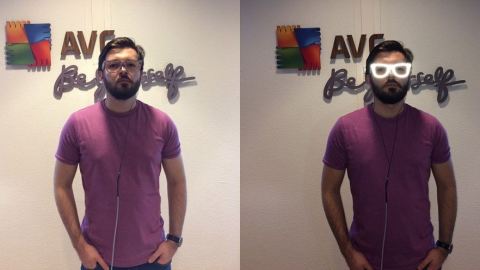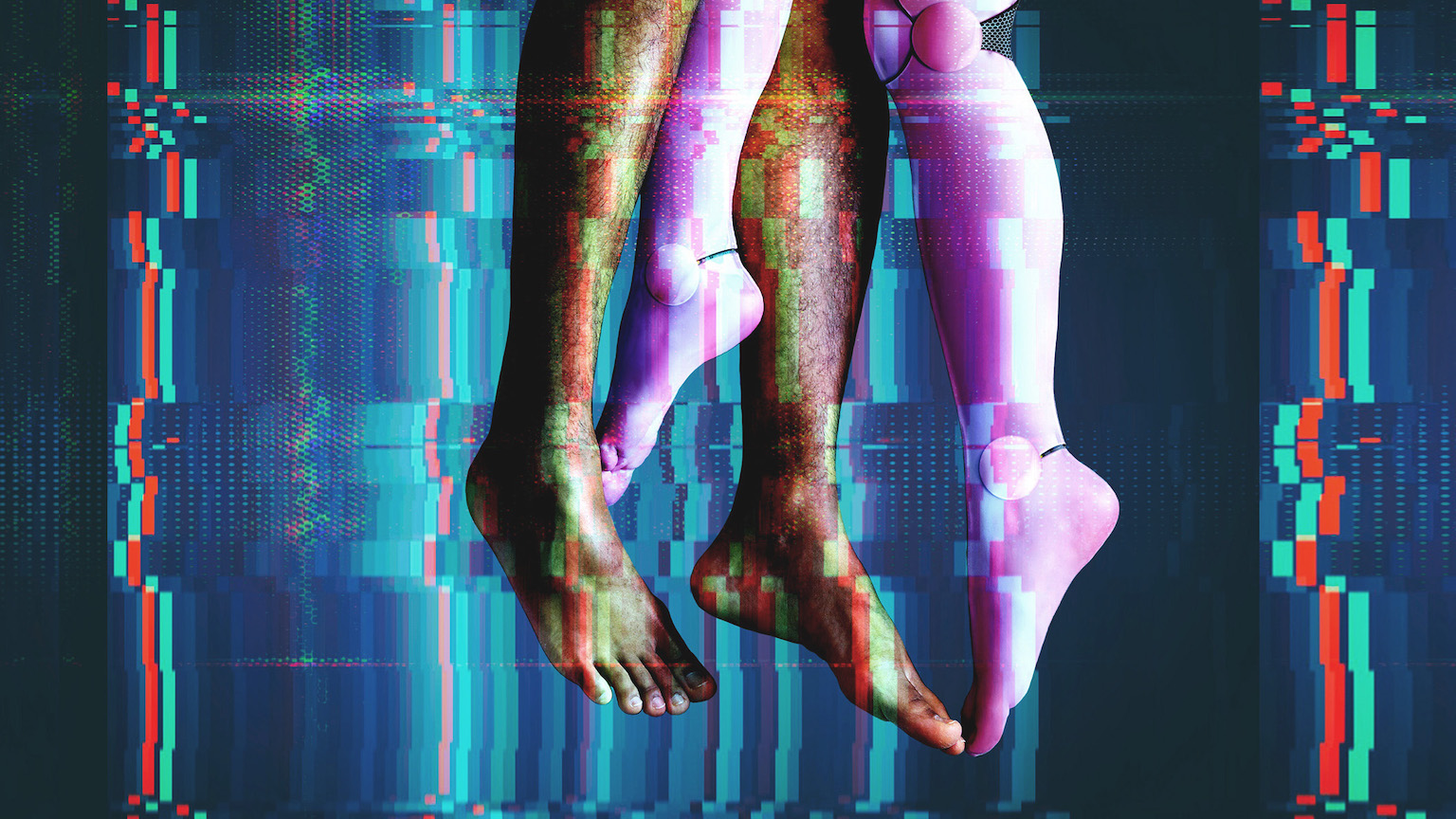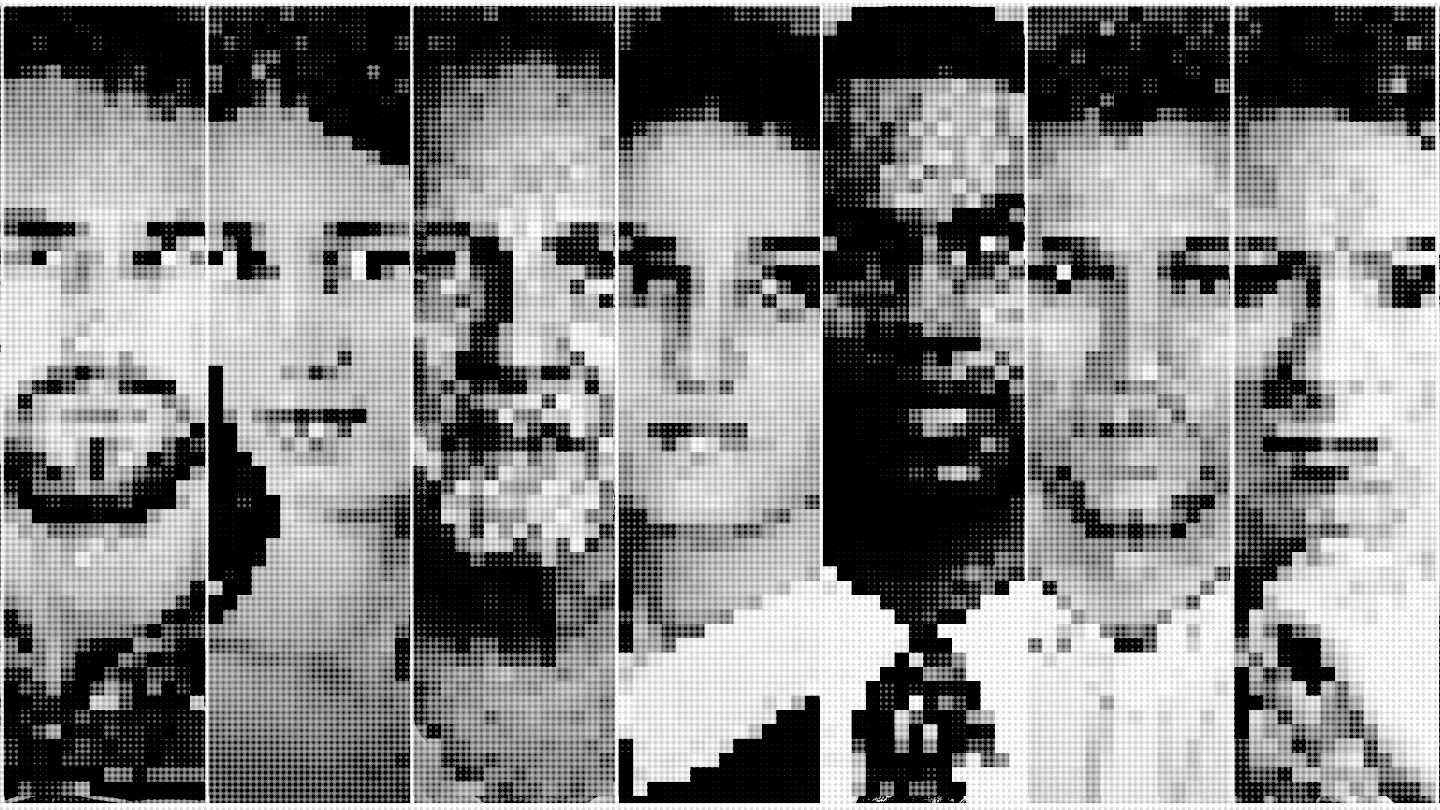High-Tech Glasses Impair Facial-Recognition Tech

Antivirus software maker AVG has created a new pair of eyeglass frames designed to thwart facial recognition technology, now used commonly on the web and possibly without your knowledge in real life.
Revealed at this year’s Pepcom conference, which features mobile technology, AVG has created two prototype frames. One involves the use of infrared light, visible to cameras and facial-recognition software, but not the human eye. Glasses with the infrared frames use the invisible light to essentially confuse and scramble data that is sent to the facial-recognition program.
“The second pair uses retro-reflective materials on the glasses’ surface to return the flash directly back at the camera. This means the eyes will be surrounded by a halo of light that will also make it hard for computers to tag a face.”
Facebook, for example, regularly uses the software (more effectively than the FBI) to identify your friends in photos you post online. But naturally there is a greater risk to personal privacy than your friends knowing who you are (don’t they already?).
The tens of thousands of closed-circuit security cameras posted on building corners and in parking lots record your image more often than you realize, and the networks those cameras are linked to are typically far from secure.
In fact, a website called insecam.com made the footage of over 11,000 American security cameras available online before authorities shut it down.
In a Big Think interview, internet business guru Daniel Burrus explains how facial-recognition technology lays the foundation for a new kind of internet, which functions more like a personal assistant. If you ever travel to London, however, you may want the glasses:
“Web 4.0 is about intelligence. It’s about the ultra-intelligent electronic agent. You will have a personal intelligent agent soon on every device, because it doesn’t matter what device are on; it will recognize you when you get in front of it because all of your devices are getting a little camera. And with facial recognition, they’ll know it’s you. So when you get in front of your internet-connected television, telephone, whatever it might be, your agent will be there. And you’ll determine what your agent will look like, even the personality of your agent.”
Read more at PSKF.
Photo credit pskf.com.





